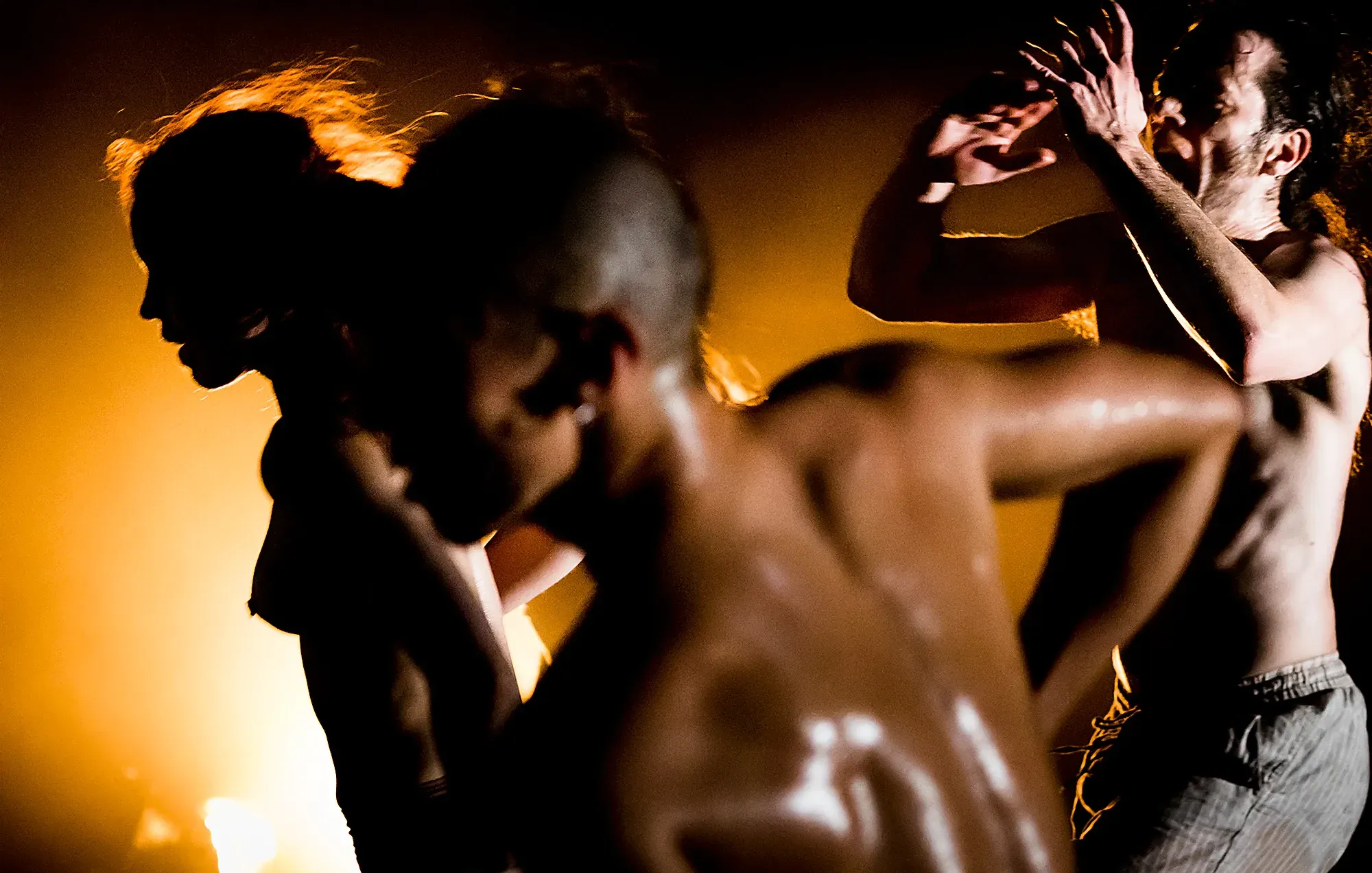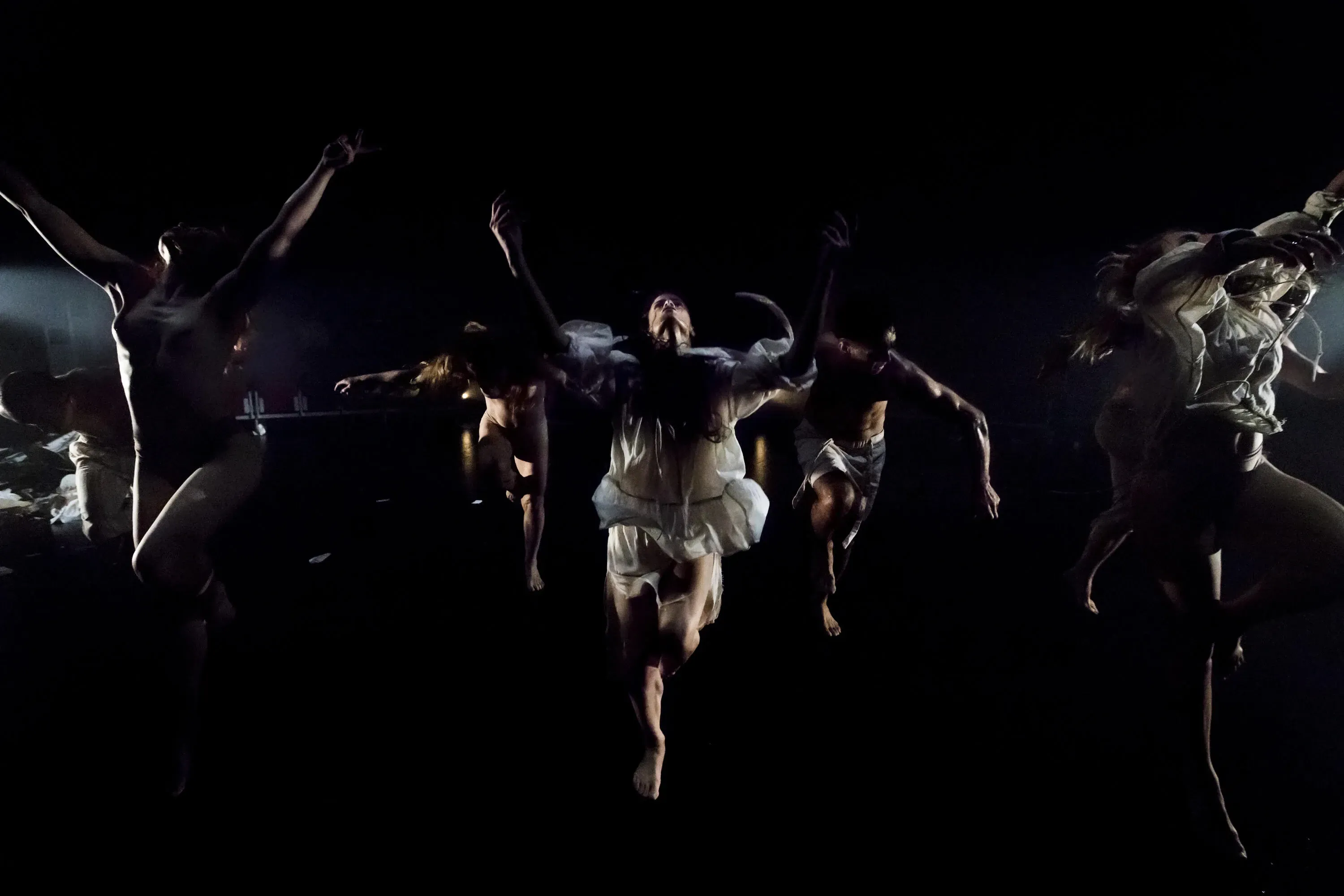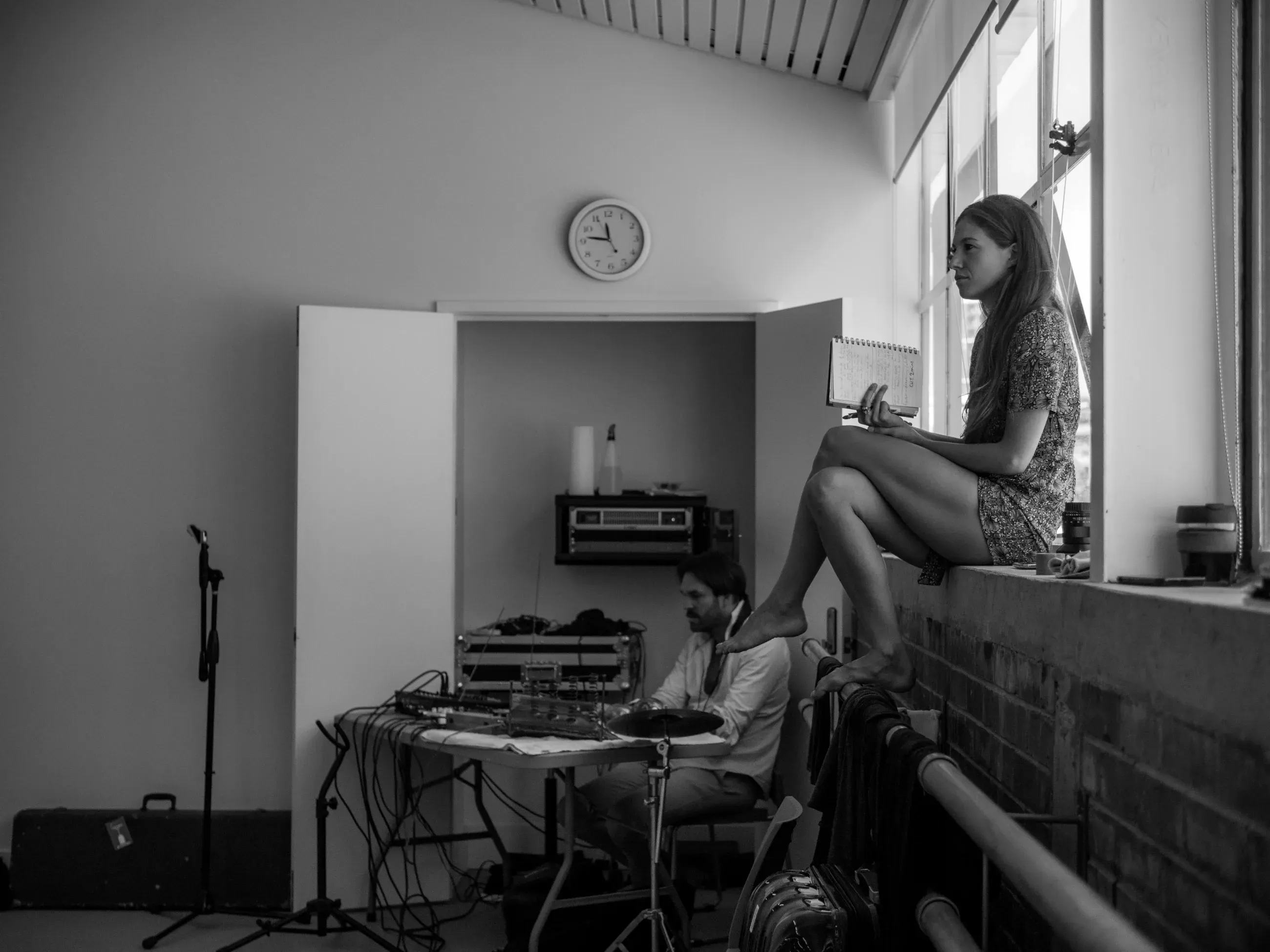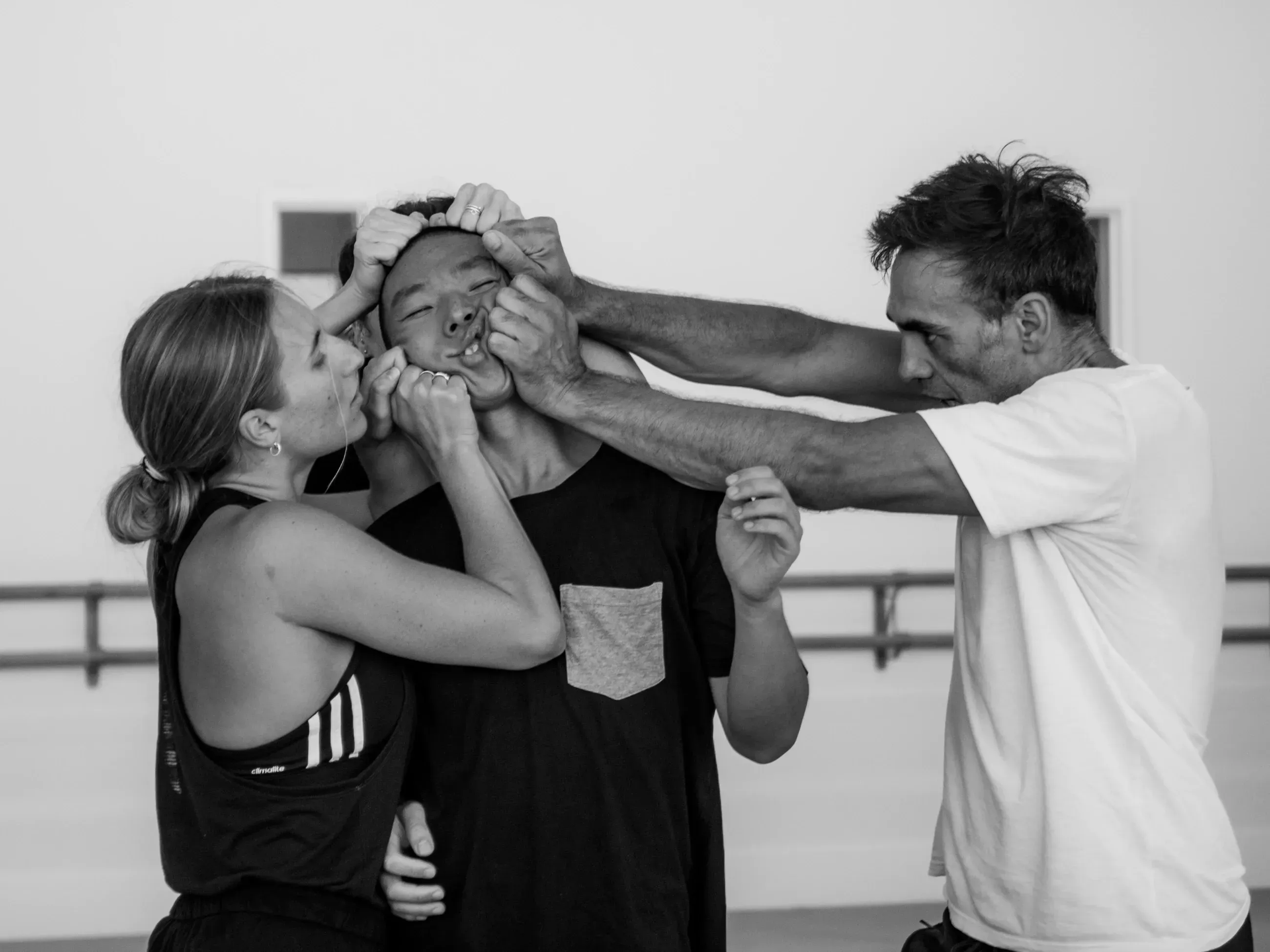Return of the Dancing Plague
Written by

Every performer, every production wants to stand out.
Strasbourg 1518 choreographer and director Lucy Marinkovich could have done without carving out one particular piece of history.
“We had the dubious honour of being the first show in New Zealand to shut down because of COVID,” she muses.
It was 14 March last year, two shows into their premiere season at the New Zealand Festival in Wellington, when Marinkovich became the first director to deal with this new reality as the nation began to grasp the severity of the virus. While in the 10 months since virtually no artistic practice has been left untouched by such events, being at the coalface of what became a cavalcade of closures was “quite devastating” for Marinkovich.
“The show is about a dancing plague where people danced to death and this group just danced their hearts out, it was phenomenal. Not being able to share that was really hard, just emotionally as an artist. Obviously, there was a wider backdrop to this - a very serious pandemic and people are losing their lives. We don’t know how this thing is going to pan out, so having to counter our personal artistic disappointment with the wider issues was really sobering.
“There was just no fucking around, we had to be on top of it and make the right call.”
But this is not where the story ends.
Unfinished business
The duo at the forefront of Borderline Arts Ensemble - Marinkovich and composer Lucien Johnson have invested two and half years into this incredible work, based on the real-life ‘dancing plague’ that consumed the city of Strasbourg. And they will breathe fresh life into it when it explodes back onto the stage as part of this year’s Auckland Arts Festival.
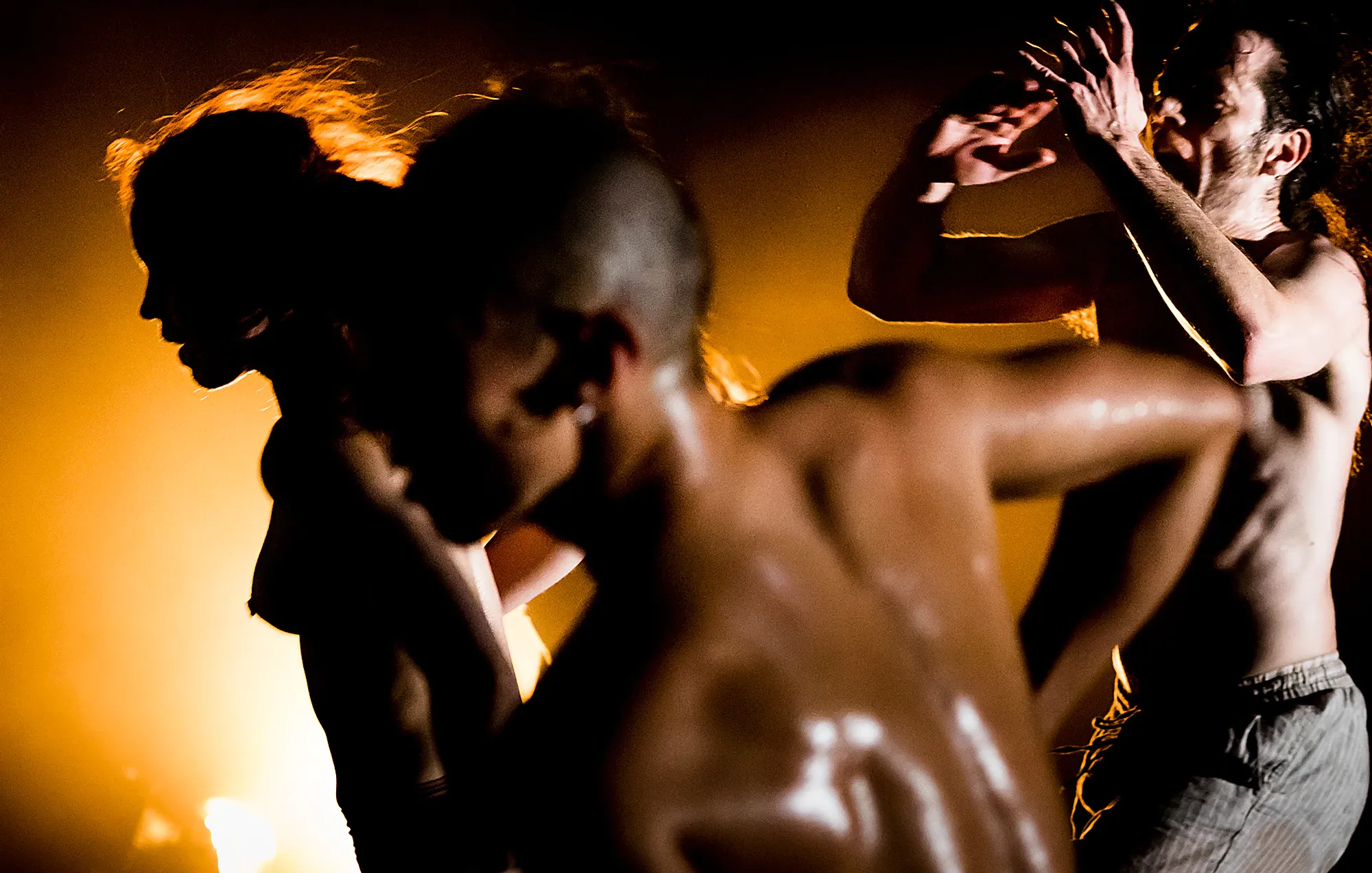
Strasbourg 1518 performance. Photo: Borderline Arts Ensemble/Philip Merry.
“It’s been our main creative project for so long now,” Marinkovich explains. “Very quickly after our show wrapped, we started discussions about performing it again in Auckland. it’s been bubbling away, always percolating that we’re doing it again.”
This “beast of a show” has already ignited plenty of the right attention too - with critics who got to see its initial performances describing Strasbourg 1518 as “stylish, consummate, crisp and clear” and “a brave new work from a stunning collaboration.”
Make no mistake - for Marinkovich and her fellow dancers, this season is personal.
“Absolutely, that’s how the cast have all been relating it back to me - ‘yep, can’t wait, unfinished business.’ It’s going to be beautiful.”
Freshening up
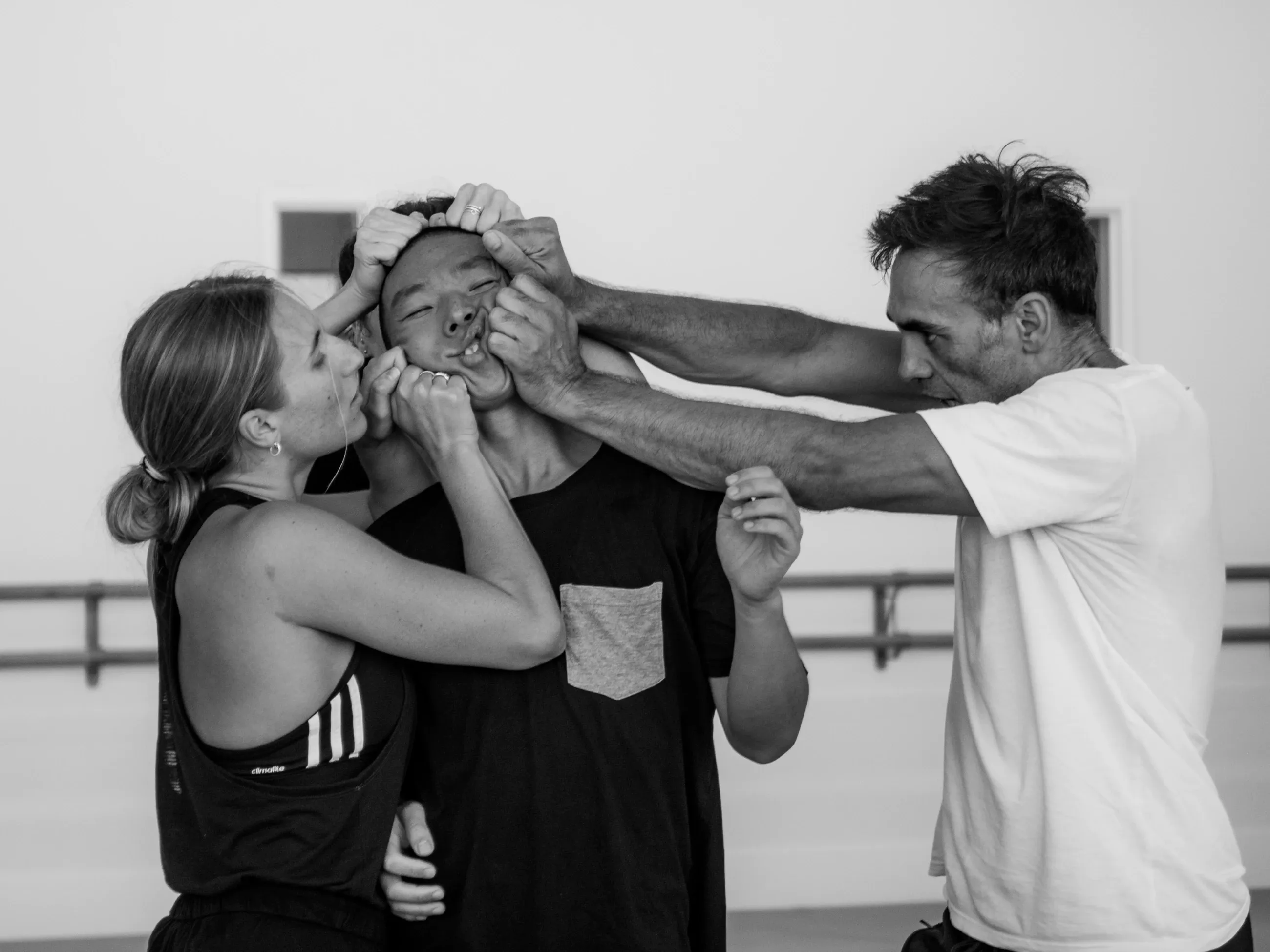
Strasbourg 1518 cast in rehearsal mode. Photo: Borderline Arts Ensemble/Jocelyn Janon.
As the costumes come out of storage and the practical boxes begin to get ticked ahead the 19-20 March performances, Marinkovich is itching to get back in the studio.
“Lucien and I like to be as prepared as possible, we’ve been rehearsing here in Wellington with our new narrator character before the full company joins up.
“We don’t have the same exact cast. From the premiere season, one is based in France, another in Australia - travel in and out of New Zealand is too tricky and we can’t afford their quarantine fees. We’ve recast with two new people, it’s actually really nice that we’re not just remounting the work but we get to revisit it with fresh people.”
Change of perspective
Given the events of 2020 - does Marinkovich think Strasbourg 1518 will hit any different chords than originally planned?
“Lucien and I were working on this independently for a really long time before it hit the stage. Through our research, we believe this dancing plague happening came down to three main things,” she explains, “economic instability, misogyny and climate change - they felt pertinent to us as creative makers 500 years after the fact.
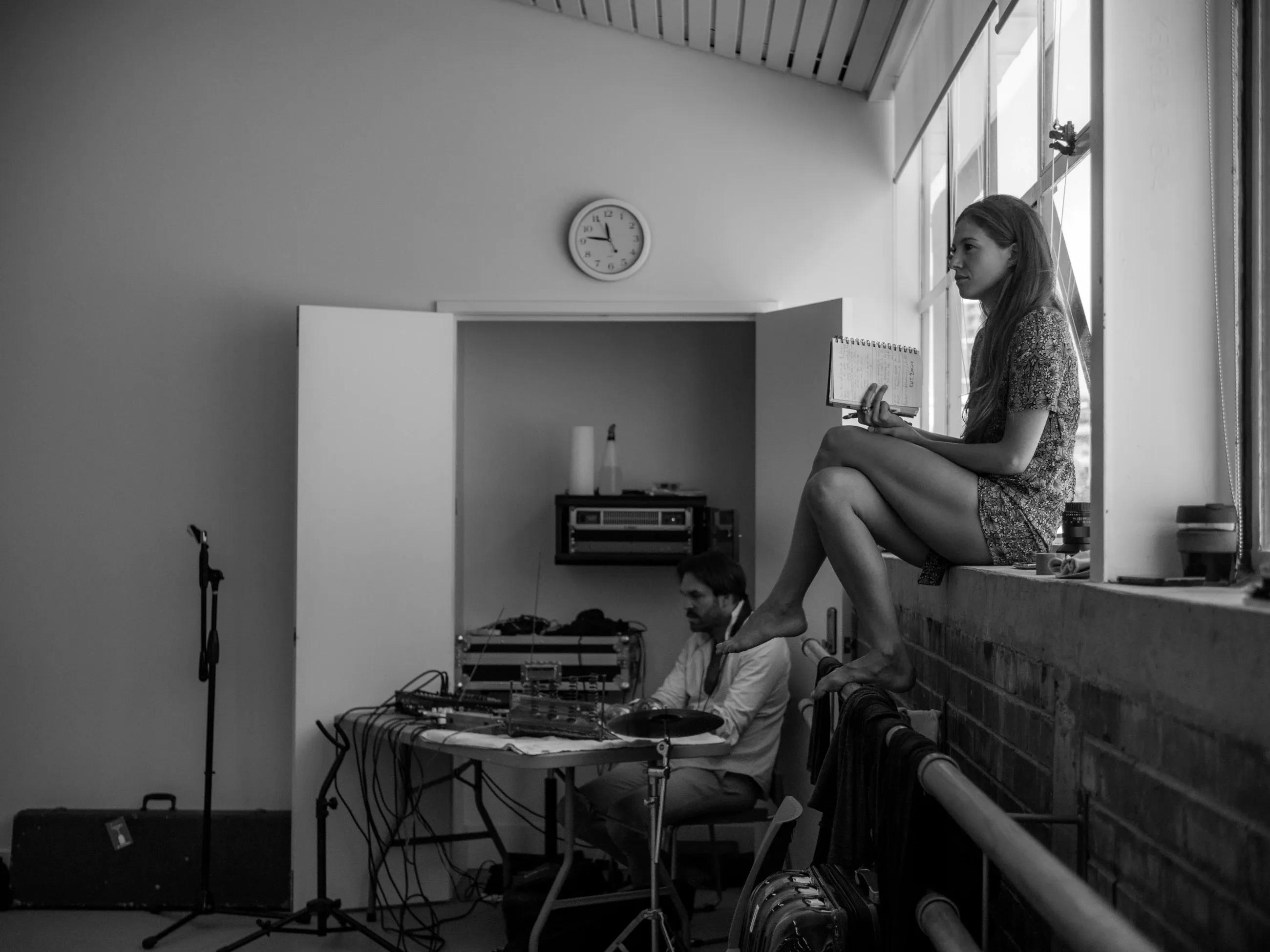
Borderline Arts Ensemble composer Lucien Johnson (left) and director Lucy Marinkovich (right) overseeing rehearsals. Photo: Jocelyn Janon.
“We’ve felt the material was going to touch people and resonate on these types of levels, what we didn’t count on was an actual, real-life plague to make the work even more relevant.
“Obviously there’s a sense of irony in that. The term COVID art makes me shudder internally, I have no interest whatsoever in making any COVID-related art. We’re not changing anything; not the script, not our protest banners.
“I think it will hit a few more lenses that people will view the work through, but the main message that Lucien and I wanted to put through was compassion and empathy as ultimate human values. I hope that will still read in the same way.”
Far from done
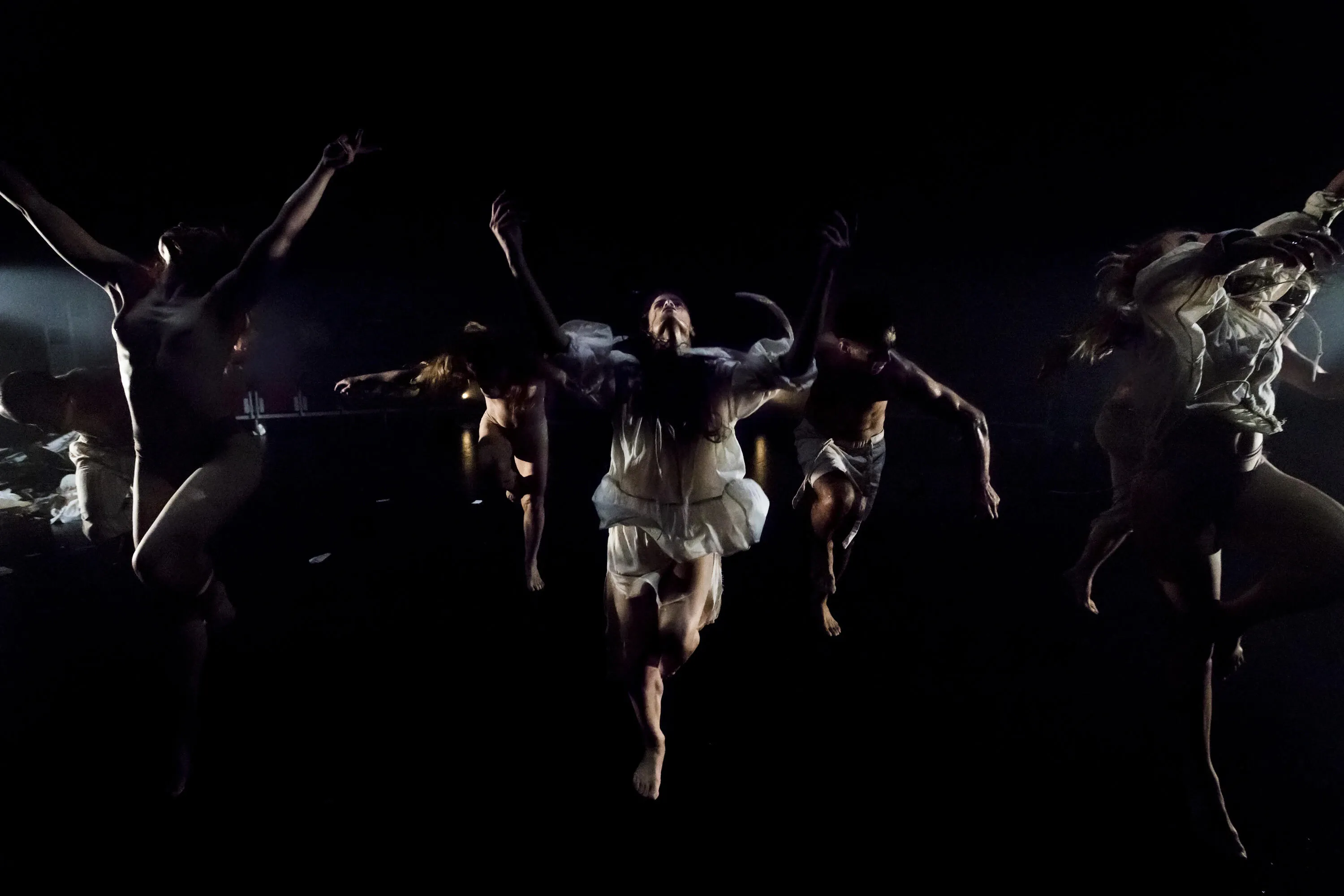
Strasbourg 1518 performance. Photo: Borderline Arts Ensemble/Philip Merry.
While the much-anticipated performances at AAF will be cathartic and climatic, Marinkovich hopes to tour the work overseas - “funding and COVID permitting” - after she heads to Dunedin as the University of Otago’s Dance Fellow for the year.
Protest and Rebellion are central themes to Strasbourg 1518, something seen all over the world recently with the recent of mass protest over issues like climate change, Me Too and Black Lives Matter.
“It’s incredible the power of what people can do when they band together. It’s completely inspiring.
“The work is going to keep finding new relevance each time we perform it.”
Written in partnership with Auckland Arts Festival. For ticketing information on Strasbourg 1518 at ASB Waterfront Theatre 19-20 March, click here.
